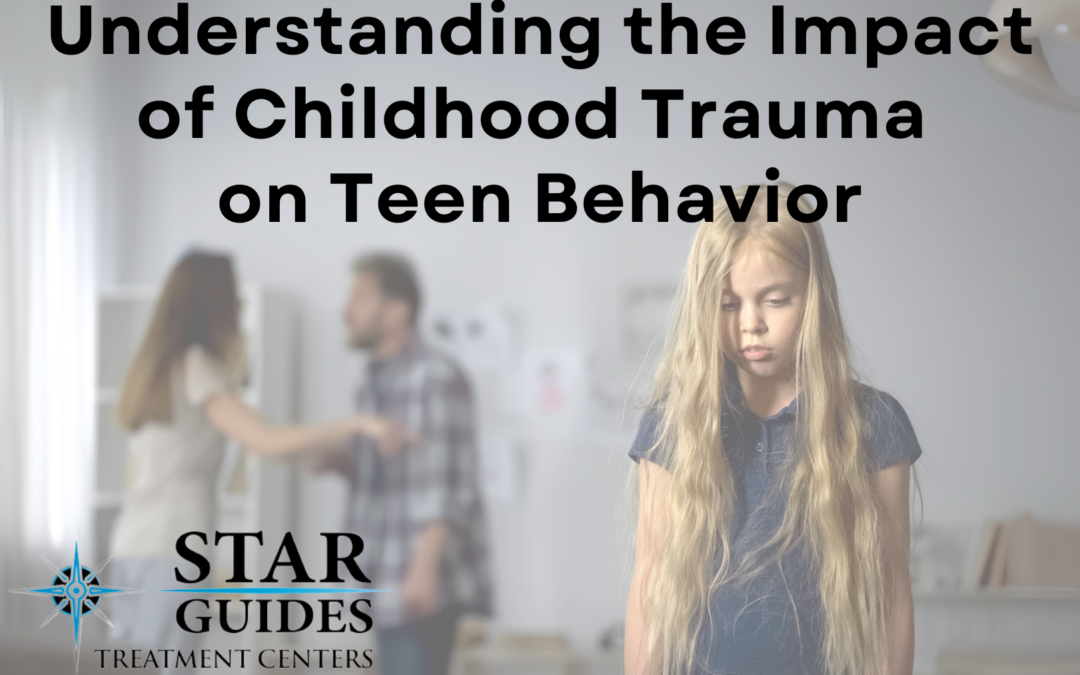Childhood is often seen as a time of joy and carefree innocence. However, for many children, it is also a period marred by trauma. Childhood trauma can have far-reaching effects on behavior and mental health, both in the short term and long term. For parents, understanding these impacts is crucial in helping their children heal and thrive.
Setting the Stage
Childhood is a formative period where experiences shape how individuals perceive and interact with the world. While many children enjoy a happy and secure upbringing, others face adverse childhood experiences (ACEs) that can leave lasting scars. These traumatic events, which include abuse, neglect, and household dysfunction, can significantly influence a child’s development and well-being.
What is Childhood Trauma?
Childhood trauma refers to any emotionally disturbing event that a child experiences. This could range from the death of a loved one to witnessing or being a victim of abuse. Understanding the significance of childhood trauma is essential for recognizing its impacts on a child’s behavior and mental health.
Immediate Effects of Childhood Trauma on Behavior and Mental Health
When a child experiences trauma, the immediate effects can be profound and varied. These effects often manifest in both their behavior and mental health.
Behavioral Impact
Children react to trauma in different ways. Some may exhibit avoidant behavior patterns, while others might experience nightmares or sleep disorders. Anxiety, depression, and isolation are also common. These changes in behavior can affect a child’s social interactions and coping mechanisms, making everyday activities challenging.
Mental Health Impact
The mental health of a child exposed to trauma is at a higher risk of disorders such as anxiety and depression. They may also become more prone to conditions like post-traumatic stress disorder (PTSD). Recognizing these signs early can help in providing the necessary support and intervention to mitigate long-term damage.
Long-term Impact of Childhood Trauma on Health and Wellbeing
The ramifications of childhood trauma extend far beyond the initial event. Over time, the effects can permeate various aspects of health and well-being.
Trauma-Health Link
Research has demonstrated a strong connection between childhood trauma and physical illness. Traumatic experiences can lead to chronic illnesses such as heart disease and cancer. This may be due to the high-risk behaviors that often follow trauma, such as substance abuse and self-harm, which increase the likelihood of disease and injury.
Trauma and Addiction
One of the most significant long-term effects of childhood trauma is its link to addiction. Traumatized individuals may turn to substances like drugs and alcohol as a coping mechanism. This reliance can lead to substance abuse disorders, compounding the mental health challenges they already face.
Supporting Children Through Trauma
Helping a child recover from trauma involves more than just recognizing the signs. It requires active support and intervention.
Recognizing Trauma in Children
Identifying trauma in children can be challenging. Look for symptoms such as constant fear and worry, avoidance of certain people or places, and angry outbursts. These signs can indicate that a child is struggling to cope with their traumatic experiences.
Strategies for Support
Supporting a child through trauma involves a combination of strategies. Professional help, such as therapy, is often necessary. Additionally, wilderness therapy can be a valuable tool. This therapeutic approach combines traditional and holistic techniques in a natural setting, helping teens on their journey to recovery.
Conclusion
Addressing childhood trauma is crucial for the well-being of children and their future development. By recognizing the signs and providing appropriate support, parents can help their children heal and thrive. Star Guides Wilderness Therapy offers resources and support for parents seeking to help their children overcome trauma. Remember, children are resilient, and with the right support, they can overcome even the most challenging experiences.

